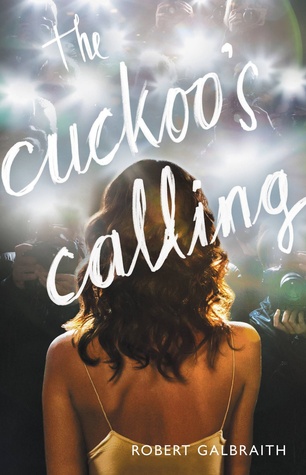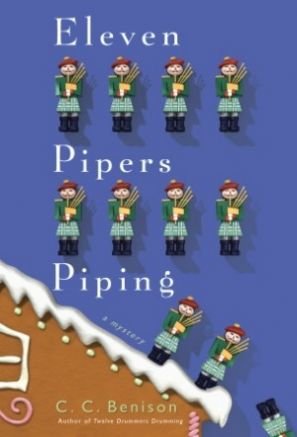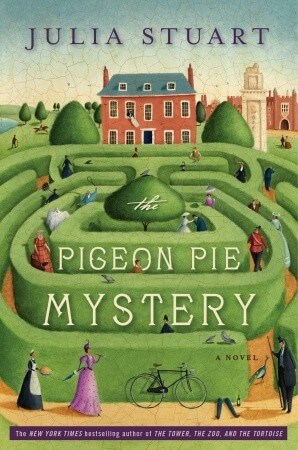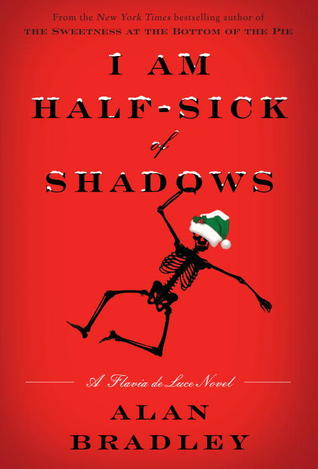In Lyndsay Faye’s Seven for a Secret, it is 1840s New York City, where crime, social tensions, and playing-for-keeps politics form a potent, sometimes deadly milieu. And whodunit? is never an easy question in this twisty, brilliantly plotted world.
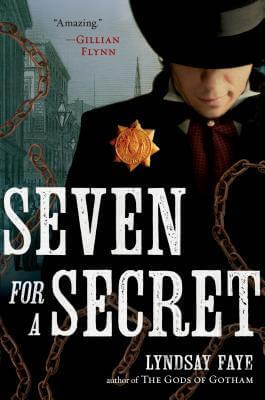
“Whimpering, Varker looked up at Val and made a timid effort to pull his hand free.
We heard a grind of loose bone, followed by a tiny shriek. My throat constricted.
My brother is a dangerous man.
‘I haven’t been paying attention,’ Val remarked in a conversational manner. ‘Damned if there wasn’t something else on my mind. So tell me—what play were you aiming to make with that snapper, drawing it like a heathen without a fair warning?'”
– Seven for a Secret, Lyndsay Faye
In Lyndsay Faye’s Seven for a Secret, it is 1840s New York City, where crime, social tensions, and playing-for-keeps politics form a potent, sometimes deadly milieu. Floods of Irish immigrants are arriving daily to escape the potato famine; people die of starvation with regularity, and there isn’t enough work to go around. Excitement, danger, and various illegalities are the norm, and Timothy Wilde, copper star of the newly minted New York Police Department, is doing his best to figure out whodunit. But whodunit? is never an easy question in this twisty, brilliantly plotted world.
Continue reading “Never to be told: a review of Seven for a Secret by Lyndsay Faye”

